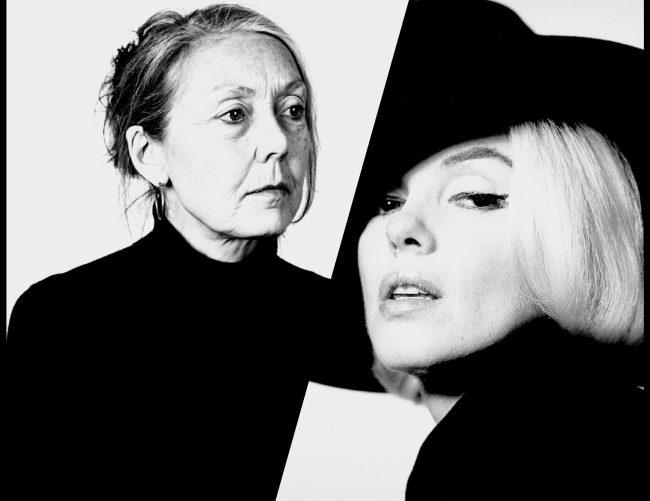
“It is 1964. An office manager has hired one of his stenos to come in at night and type out his translation of Euripides’s Helen, but his obsession with the recently dead Marilyn Monroe kidnaps the translation.”
Norma Jeane Baker Of Troy, a dramatic monologue starring British actor Whishaw and soprano Renee Fleming, will have its world premiere at New York’s newest arts venue, The Shed, tomorrow (through to May 19.) The Canadian poet Anne Carson has spoken about her inspirations here. (A 64-page edition of the script is published by Oberon Books; you can read an excerpt on the LRB website.)
“Norma Jeane Baker of Troy is a play formed in the shadow of an ancient Greek play by Euripides called Helen. It has long fascinated me how Euripides was able, in the mid-5th century BC, to take an ancient myth and revolve it 360 degrees so that we are looking at the story and its meaning from the inside out. So he takes the myth of Helen, legendarily the harlot of Troy and destroyer of two civilizations, and says, What if we consider all this from the woman’s point of view? His play gives us a Helen who is not a seductress but a rape victim, not so much concerned with sex or self as with longing for the child she had to abandon when she was snatched away from home. The emotional focus of Helen’s character is sorrow for her lost daughter, Hermione. Euripides weaves this emotion onto the broader canvas of the Trojan War and the sorrow of war in general. The #MeToo movement has given us new ways to think about female icons like Helen or Marilyn Monroe, new ways to revolve the traditional male version of such events 360 degrees and find different, deeper sorrows there. At the same time, in Euripides’s play the Helen who went to Troy is a cloud, a phantasm, a piece of fake news. This raises ancient questions, which are also somehow hotly relevant to our own time, the questions What is knowledge? Who is to be believed? How can we ever say that we know anything?”